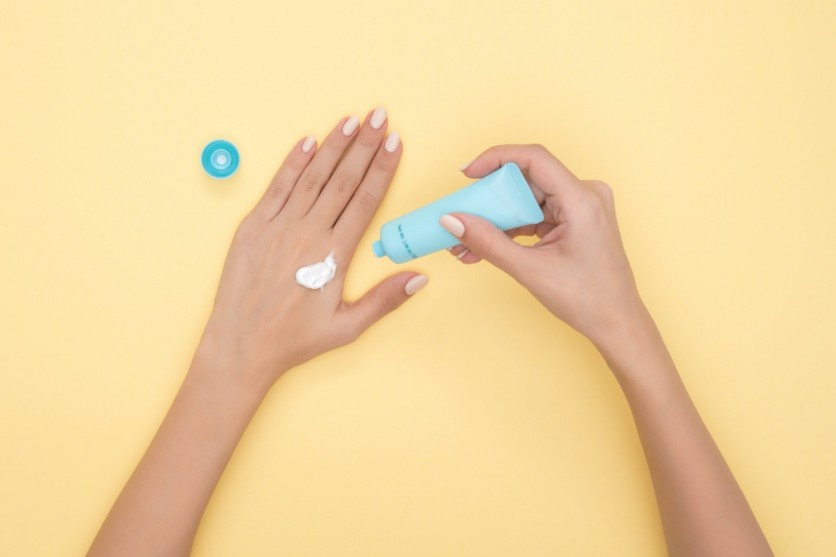Numerous TikTok creators are reportedly spreading misinformation regarding sunscreen causing skin cancer, prompting several doctors to voice out and clarify the false claims by influencers.
Influencers claim that rather than the sun's harmful UV rays, skin cancer is caused by the dangerous compounds in sunscreen. The influencers' claims are allegedly connected to a recall of Neutrogena spray sunscreens and Aveeno products in 2021 due to the presence of the known carcinogen benzene.
Valisure notified and contacted the US Food and Drug Administration (FDA) in 2021 about the growing number of sunscreen products that included dangerously high doses of benzene, a chemical known to cause cancer at the time.

After testing certain sunscreen variations for "Benzene" levels, which were unexpectedly high on several skin care products, Valisure launched a "citizen's petition" to eliminate those variants. A well-known human carcinogen, benzene plays a major role in the body's activation of cancer cells, which is why the disease occurs.
Despite being a chemical found in nature, the substance is well-known for its usage in industrial applications as a solvent for producing plastics and other similar items. While the drug is not fatal in small doses, longer exposure times and greater dosages, such as applying sunscreen before an excursion or to the beach, may have unfavorable effects.
Benzene is not a component in sunscreen, as Johnson & Johnson officials acknowledged in October 2021 in response to a Harvard Medical School advisory. According to additional testing, the amounts of benzene found in the 2021 recall of certain Aveeno products and Neutrogena spray sunscreens were so tiny that it was unlikely to have any negative health effects.
Read Also: Unsafe Practices at Spa Put Clients at Risk for HIV, Hepatitis
Doctors on Sunscreen
While the claims prove to be warranted to some degree, doctors recommend trying a different sunscreen brand as a solution as there is insufficient evidence to back up the assertion that sunscreens cause cancer, said Krista Rubin, a nurse practitioner and a member of the melanoma team at Mass General Cancer Center.
She makes it apparent that there is conclusive evidence linking UV radiation exposure to skin cancer, but she also emphasizes that other factors, such as age, gender, and phenotype, contribute to the risk of skin cancer. A weakened immune system, receiving a solid organ transplant, or using specific drugs are further risk factors.
Furthermore, sunscreen is not enough to protect the skin from cancer. Experts have previously stated that, while undoubtedly important, sunscreen remains the least effective protective measure against skin cancer. This is in comparison to alternatives like sun avoidance, sun-protective clothing, and rash guards.
Sunscreen Misinformation
Mighty Joy's founder and social media specialist, Eric Dahan, stated that she thinks there is a lot of false information about sunscreen on social media.
According to Dahan, certain dermatologists and well-intentioned but generally ignorant self-appointed health and wellness specialists are often spreading it. Dahan adds that the public's perception of the ingredients in sunscreen creams is reflected in disseminating misleading information about the product.
Related Article : Researchers Develop 'Super Melanin' Cream That Could Revolutionize Skin Burn and Wound Treatment

ⓒ 2025 TECHTIMES.com All rights reserved. Do not reproduce without permission.




